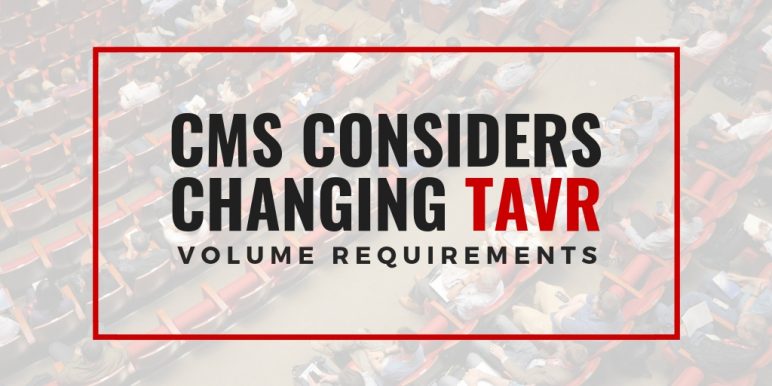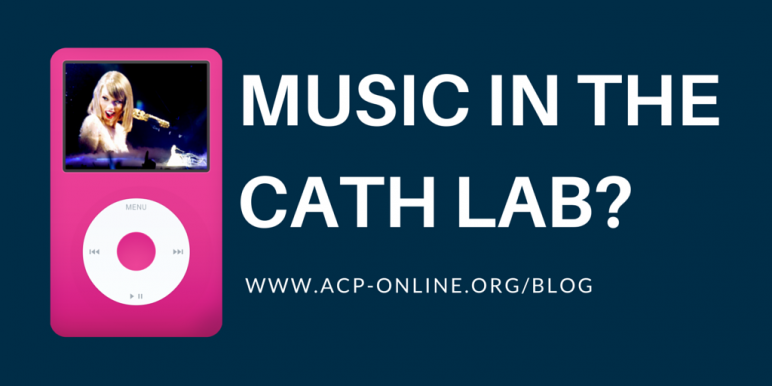CMS Considers Changing TAVR Volume Requirements
Debate over transcatheter aortic valve replacement (TAVR) procedures continues as the Centers for Medicare and Medicaid Services (CMS) considers changing the status quo. Are TAVR volume requirements limiting rural and minority access to this life-saving procedure, or are they still necessary for patient safety?
In June 2018, cardiology news sources widely reported that CMS opened public comment on established volume requirements for hospitals and heart teams to perform TAVR. The Medicare Evidence Development & Coverage Advisory Committee (MEDCAC) then met on July 25 to discuss the issue. A report in Cardiovascular Business suggested that the committee appeared split on the subject—especially in weighing the potential harms of limiting TAVR to only high volume hospitals.

The Case for TAVR Volume Requirements
For those on the side of maintaining TAVR volume requirements, the benefits are obvious—volume is associated with positive outcomes and lower rates of complications. In fact, a 2018 expert consensus document from four major cardiology societies actually supported increasing volume requirements to maintain a TAVR program, to ensure adequate data collection for statistically reliable quality metrics and quality assurance.
Continue reading TAVR Volume Requirements Spark Continued Debate


